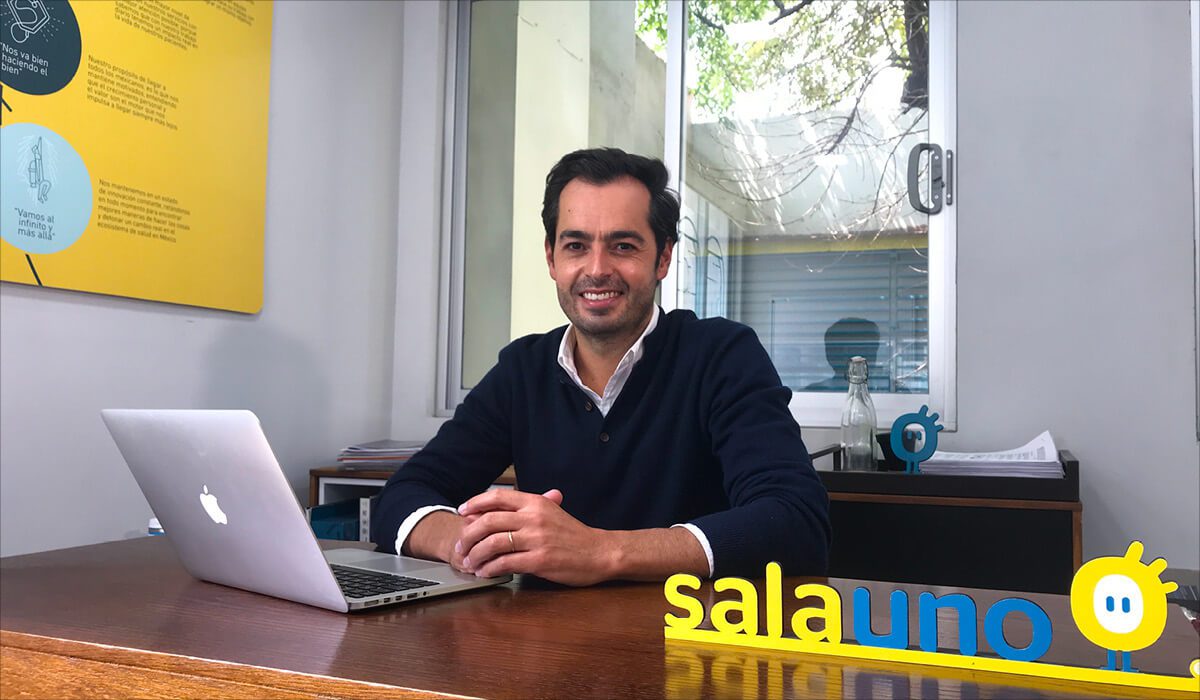
A decade ago, Carlos Orellana and friend Javier Okhuysen took on one of Mexico’s biggest health crises: blindness. Loss of sight—often from cataracts—is the country’s second-leading cause of disability, according to the World Bank Group’s International Finance Corporation. But the public health system has a years-long waitlist for cataract surgeries.
Their company, salauno, provides comprehensive eye care to anyone in Mexico, regardless of income. They modeled it after a nonprofit in India that performs affordable cataract surgeries for low-income patients—a success built around high-volume, high-quality care and efficiencies via technology, a hub-and-spoke patient referral network, and a vertically integrated supply chain. Orellana and Okhuysen saw an opportunity to complement this model with private investment and digital marketing to build a for-profit company.
The pair opened their first clinic in 2011 and had positive cash flow within two months, eventually serving some 250,000 patients annually at 27 clinics located in easily accessible retail locations. By 2020, salauno’s independent-contractor doctors were performing about 800 cataract surgeries a month—four to five times the rate of the average ophthalmologist and at 30–40% below private market rates. Orellana and Okhuysen began eyeing other Latin American markets.
Then the pandemic forced a restructuring that in hindsight, Orellana says, was overdue. They refocused their resources on high-potential services and closed seven under-performing clinics. They also introduced agile sprints to better prioritize and adapt to business shifts. This spring, business rebounded to 108% of pre-COVID, same-clinic volume. “In many ways, we’re stronger today—more focused and more nimble,” says Orellana. Talk about vision.